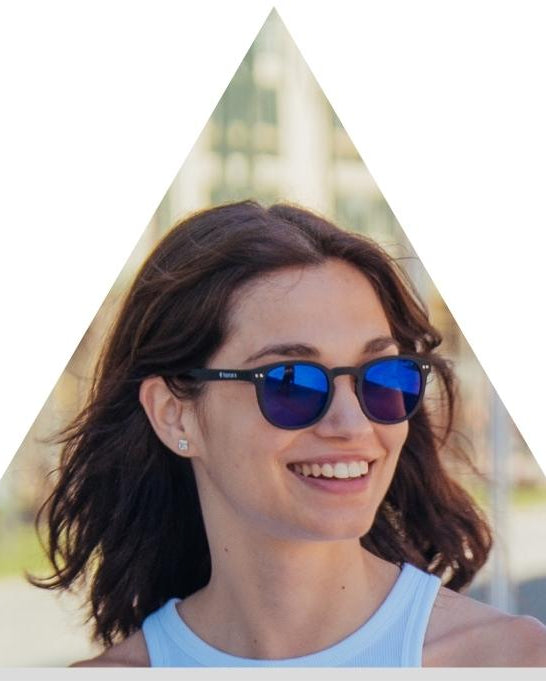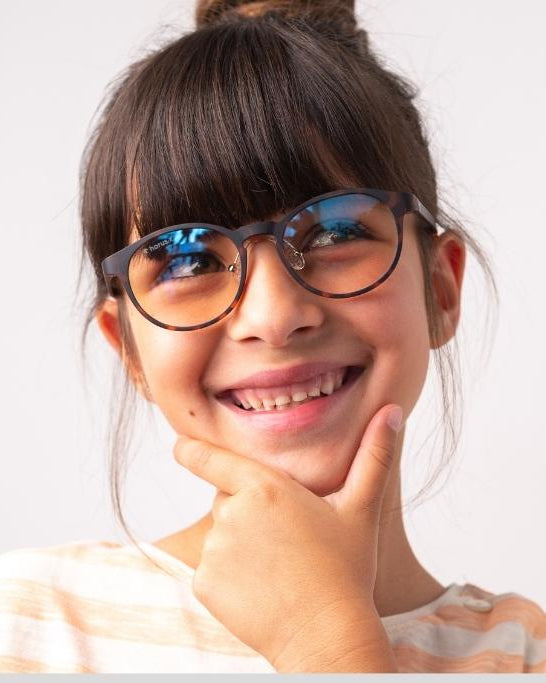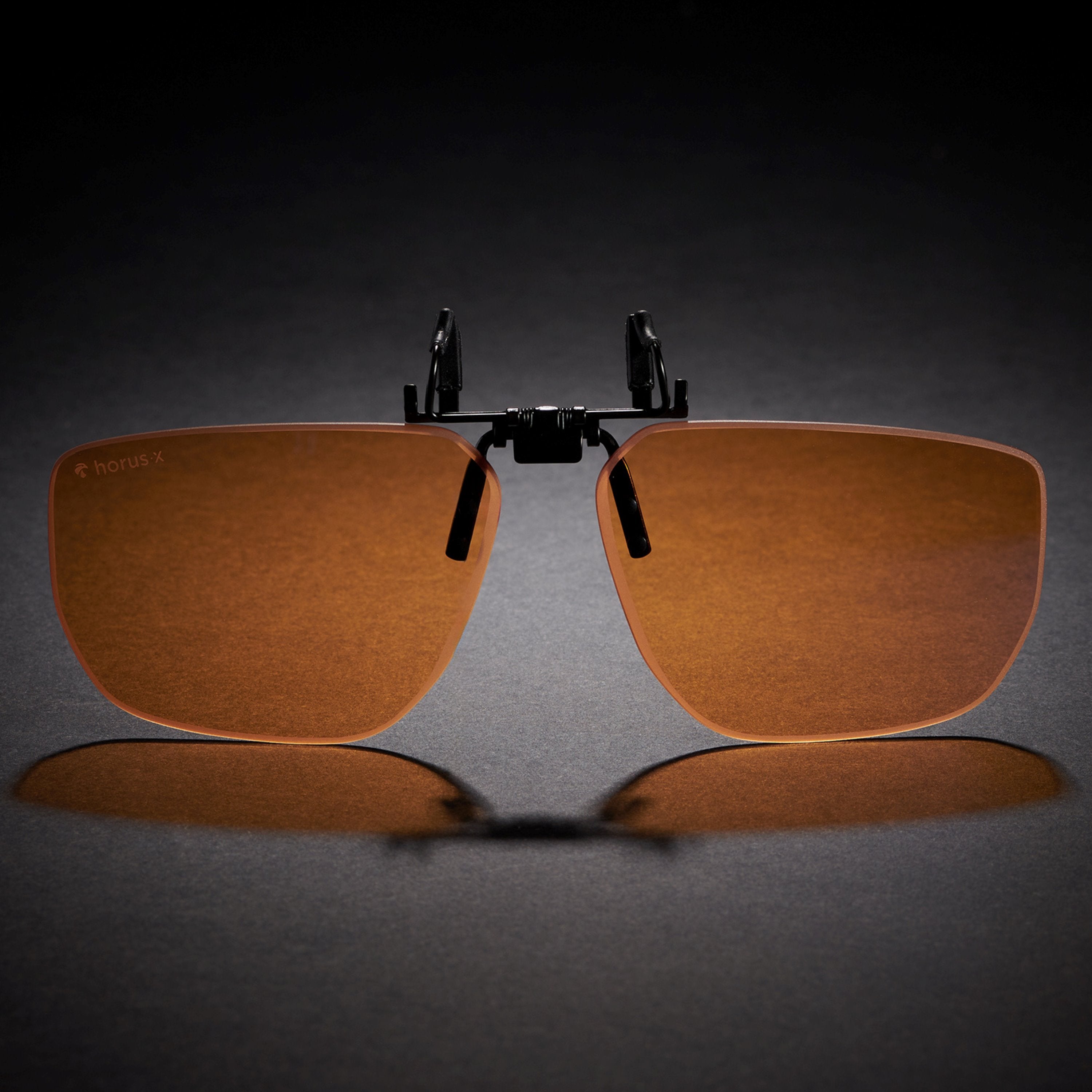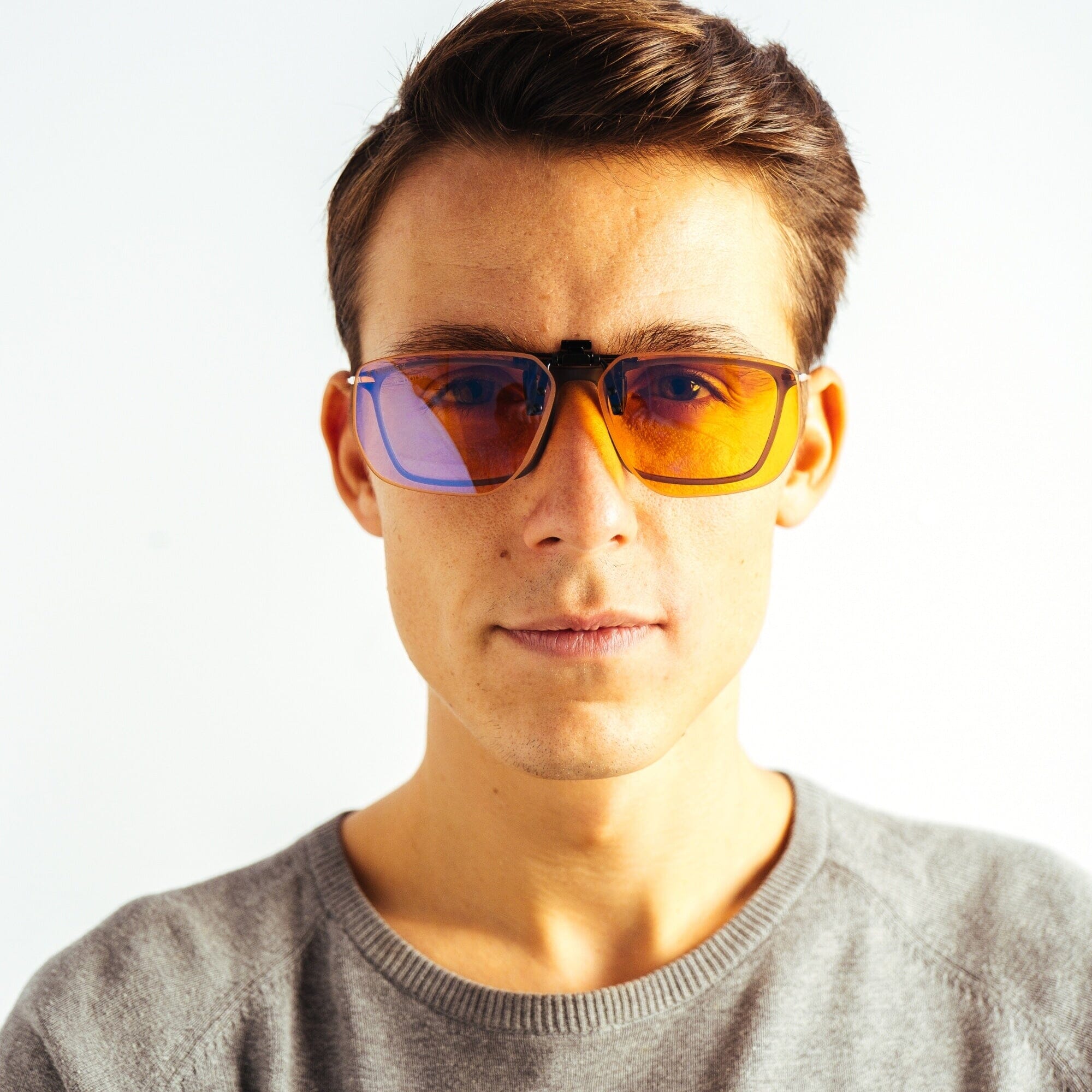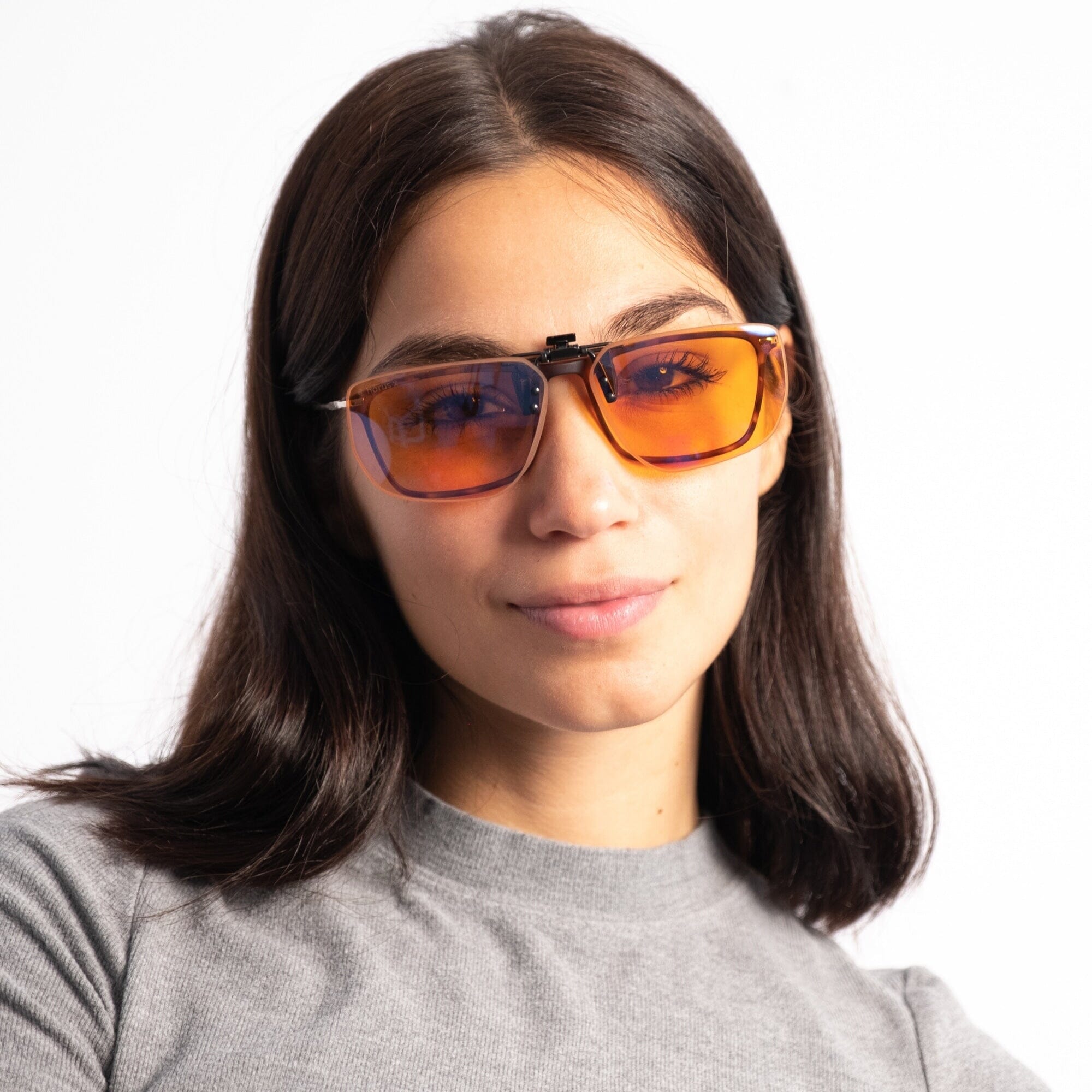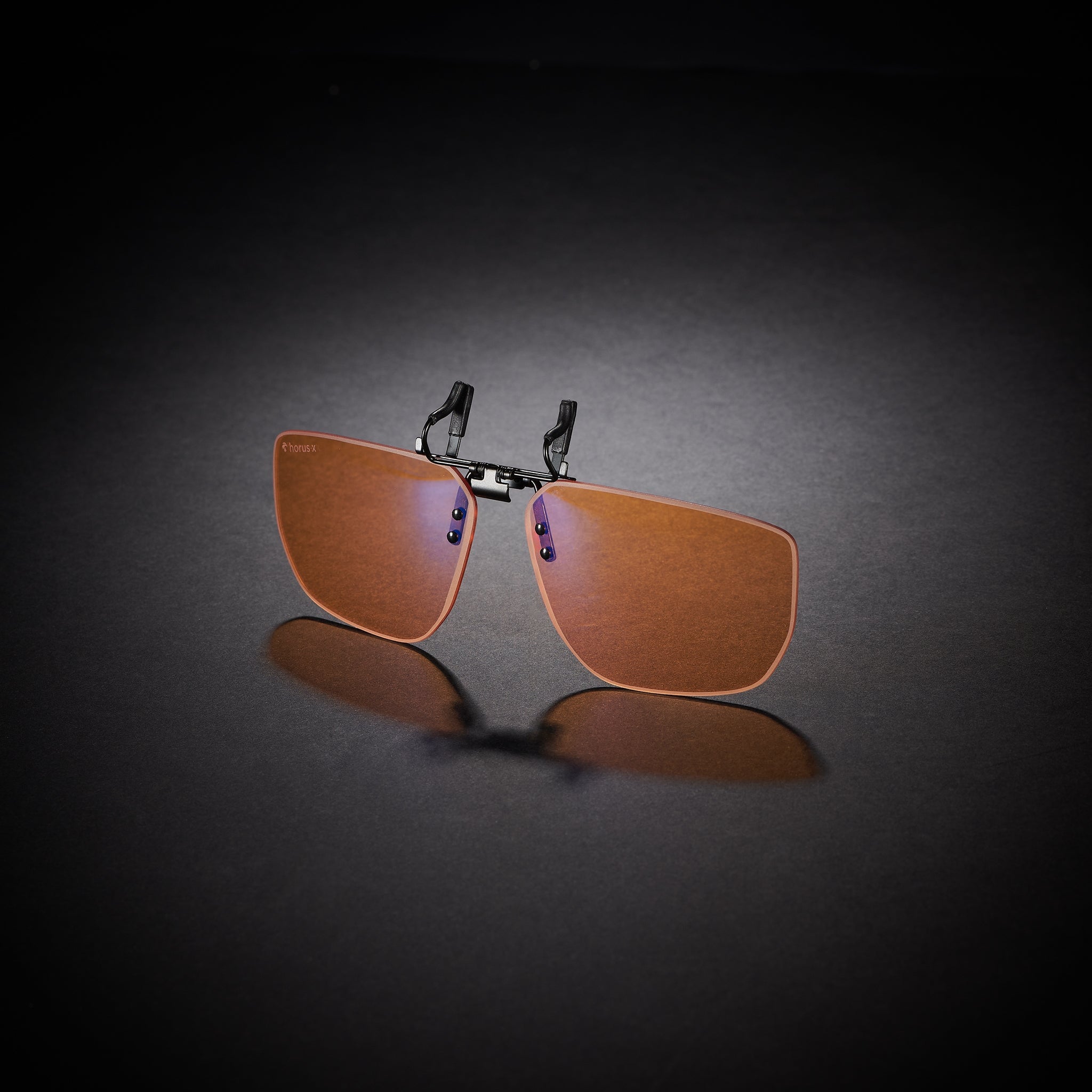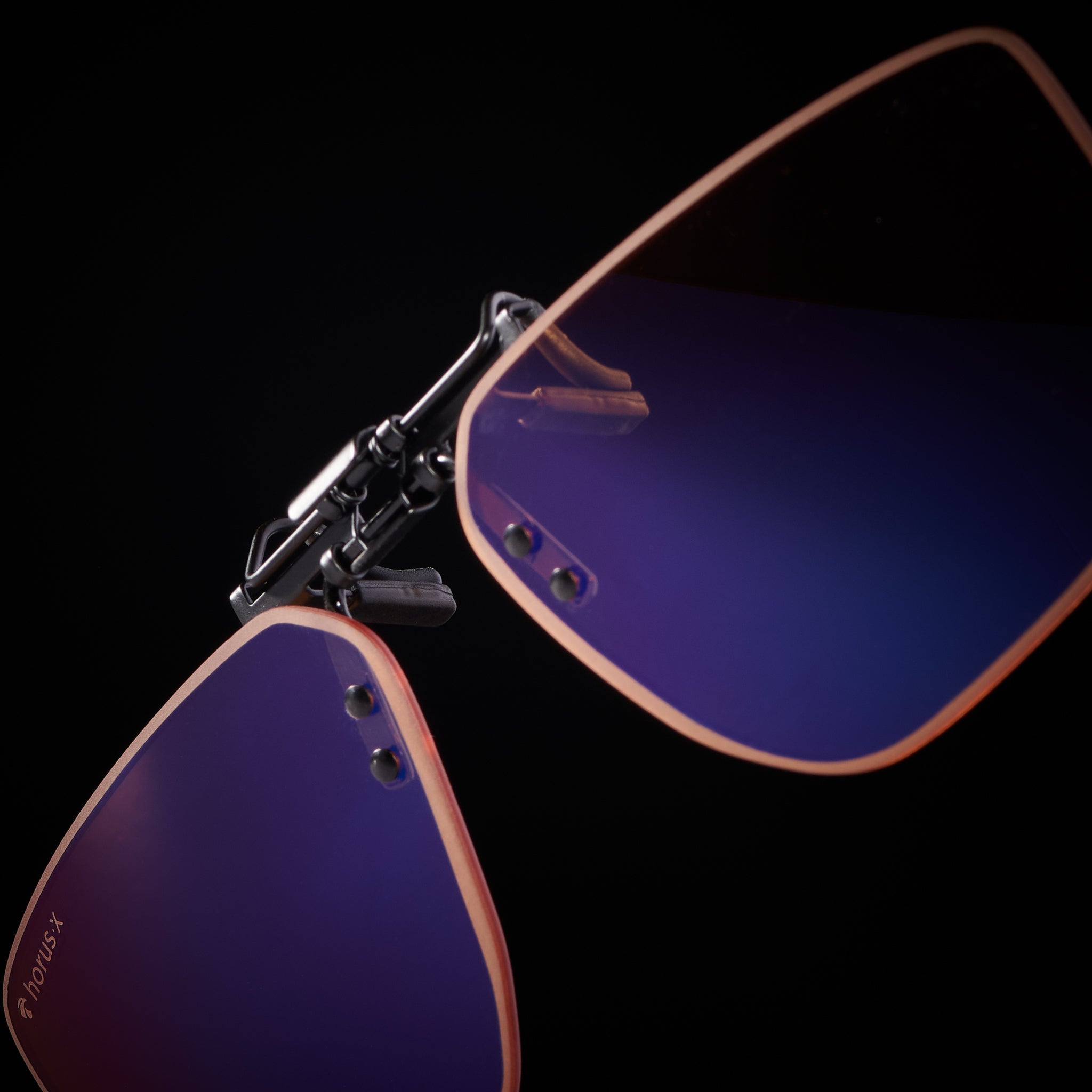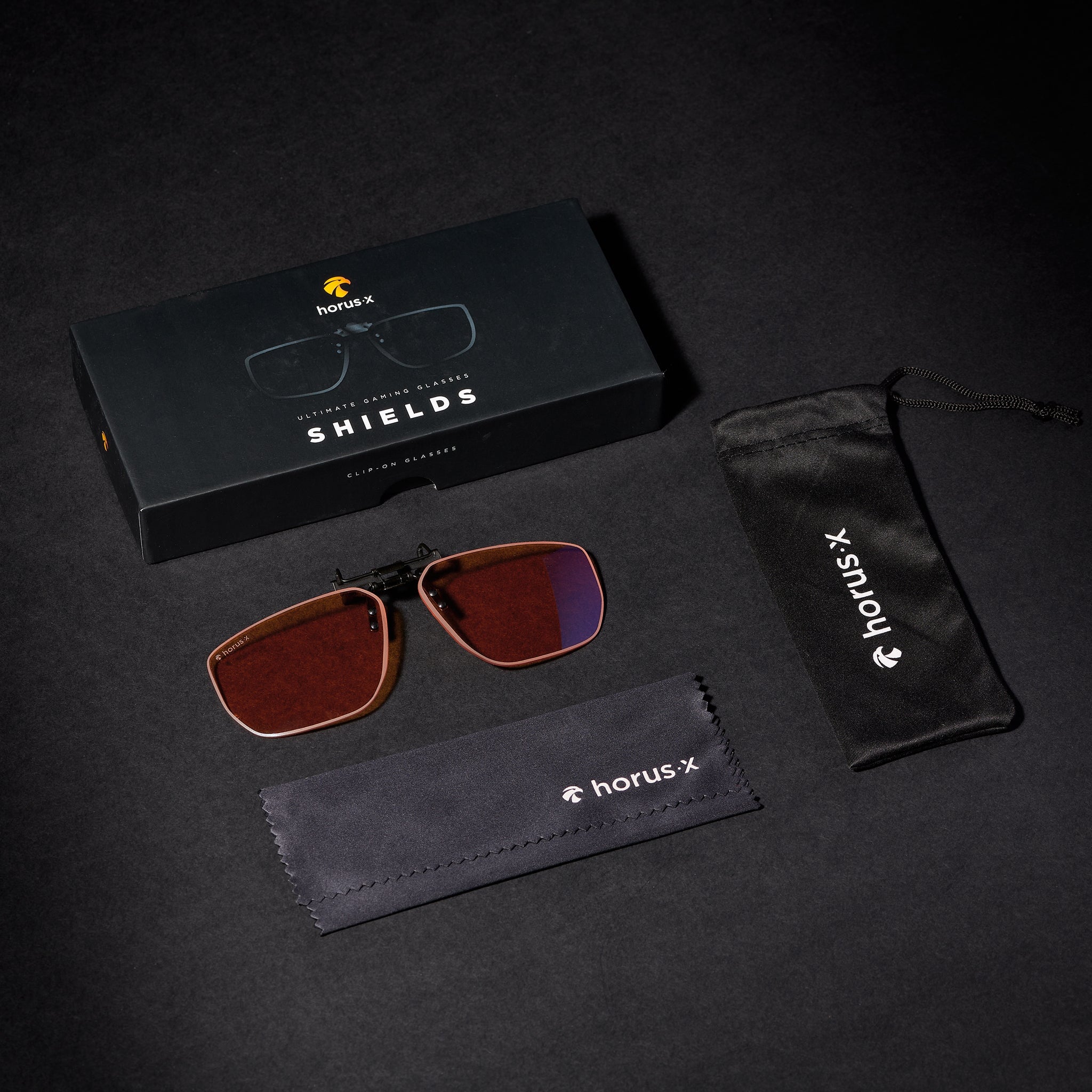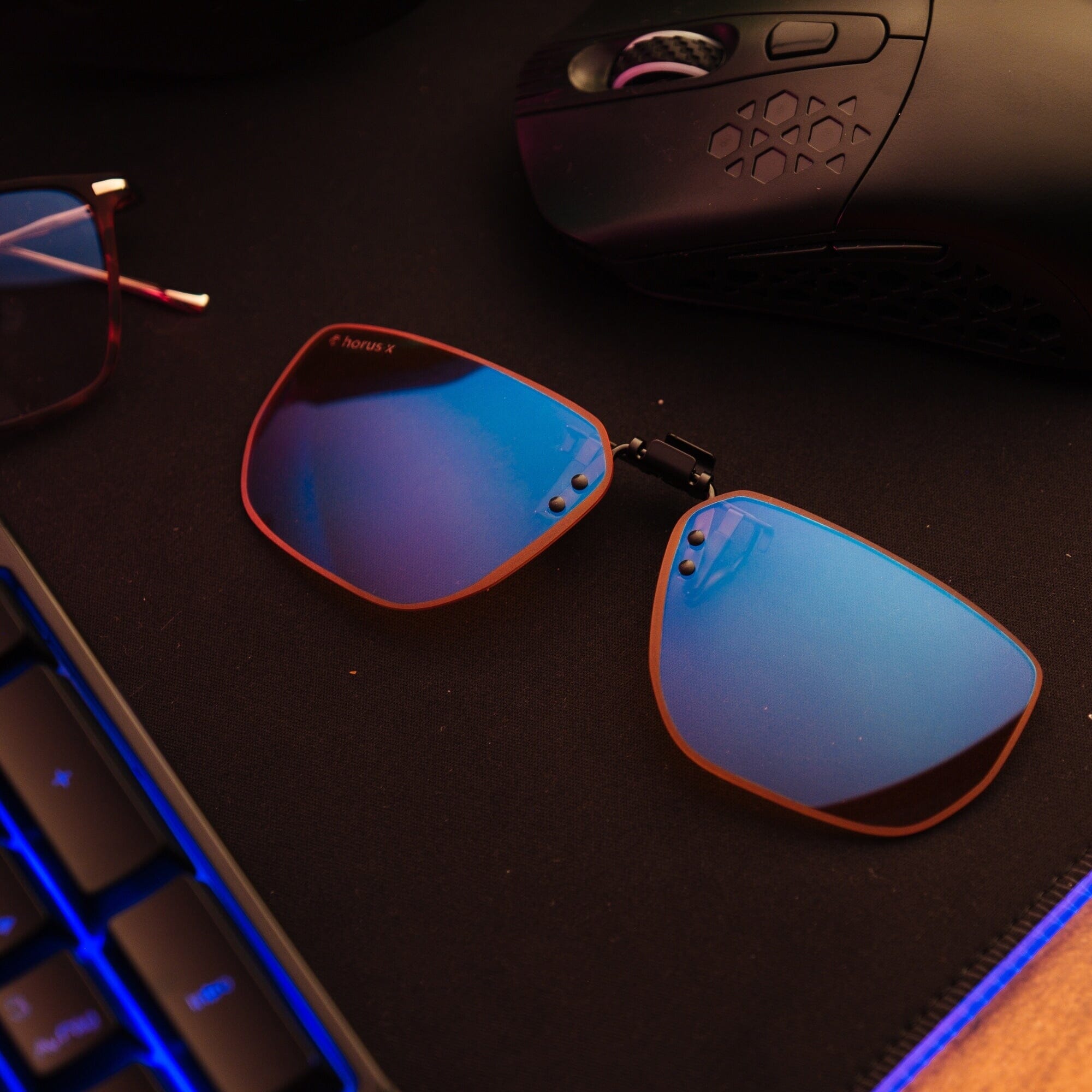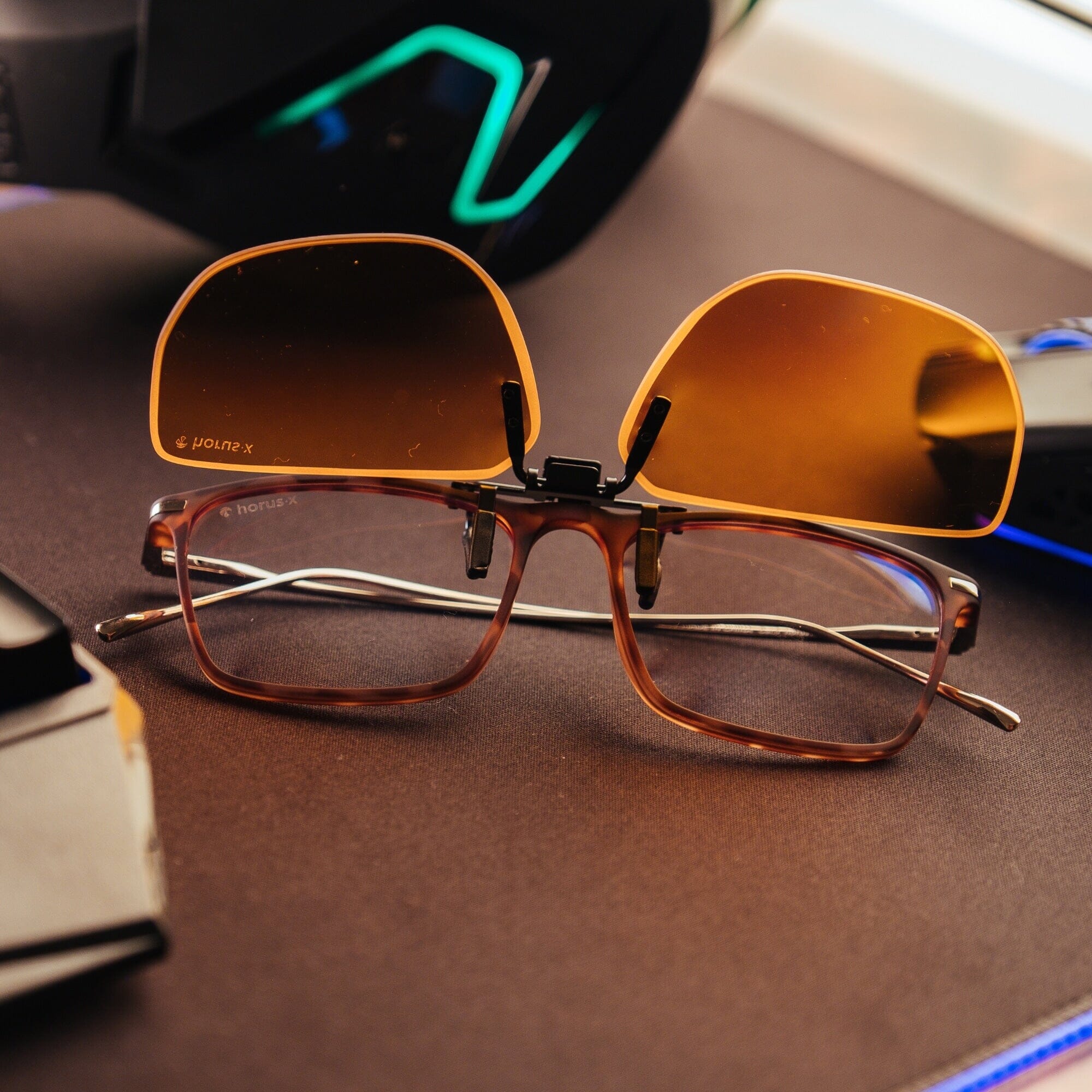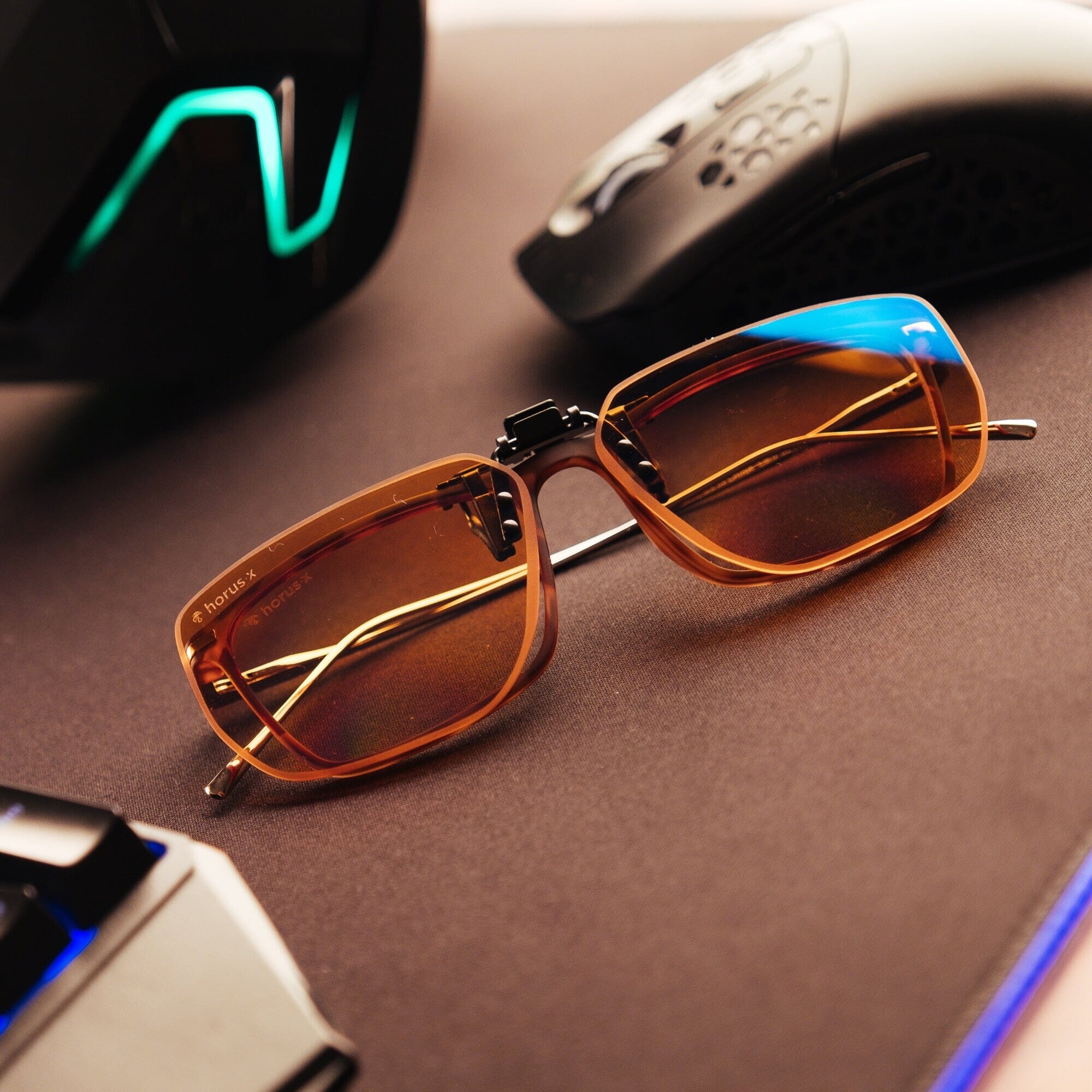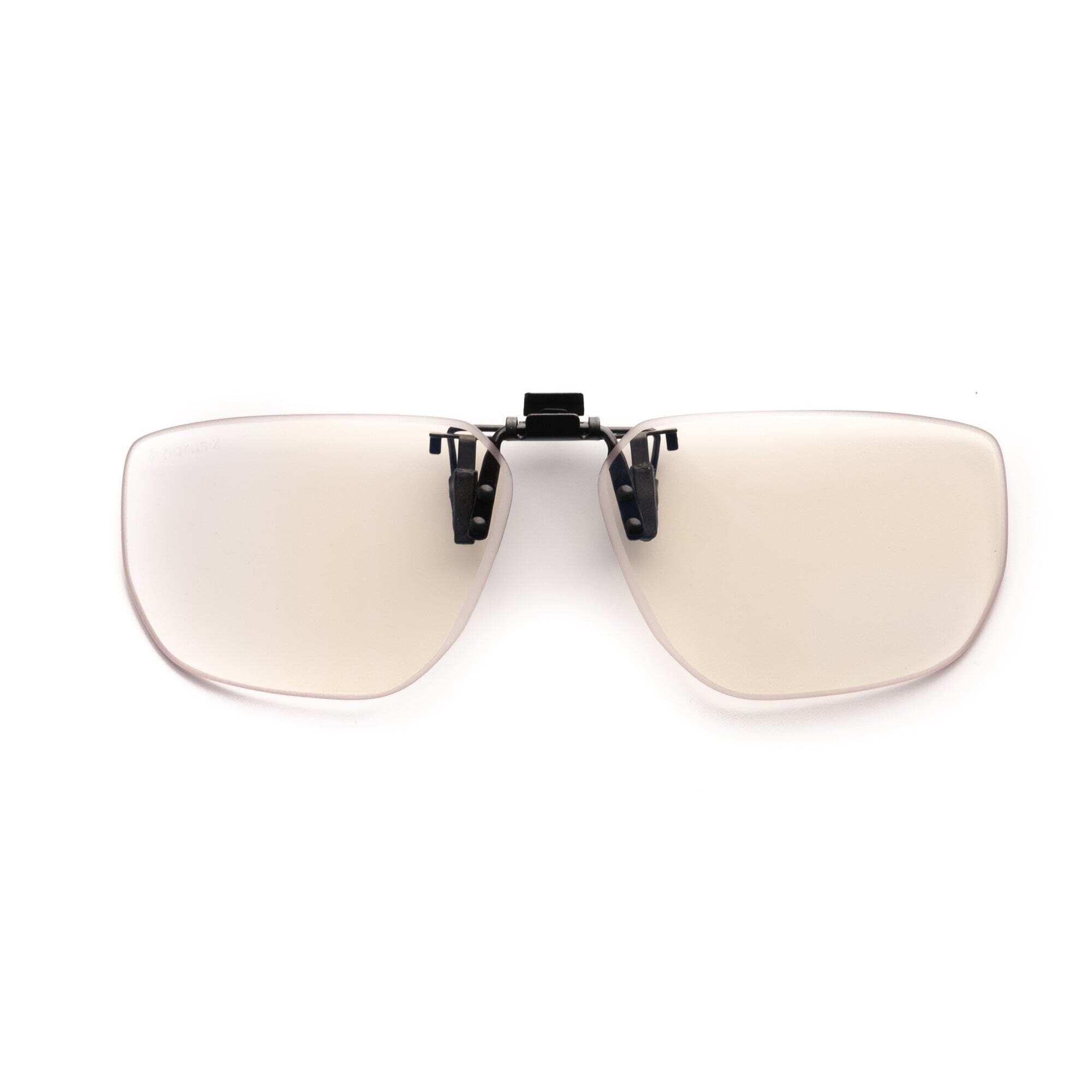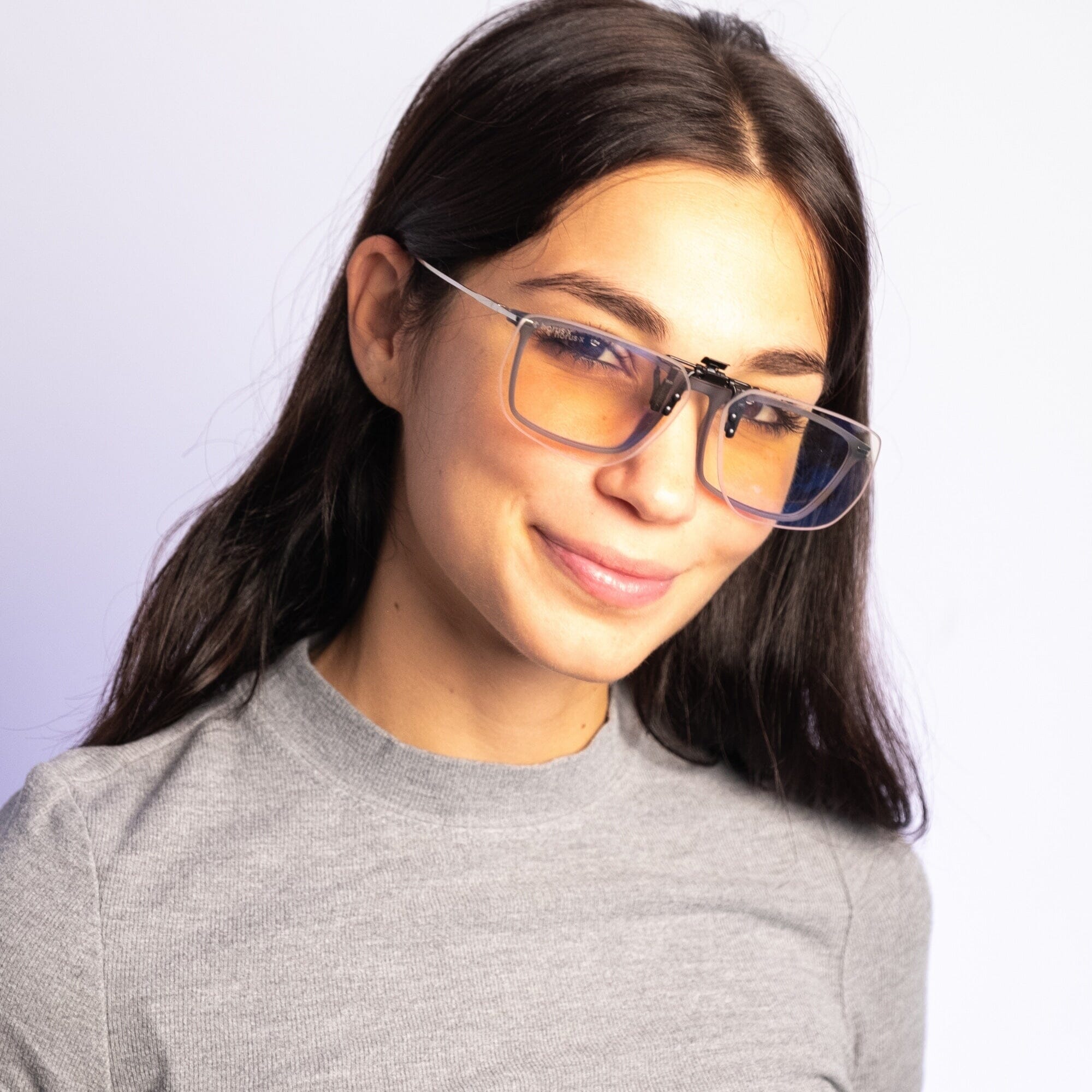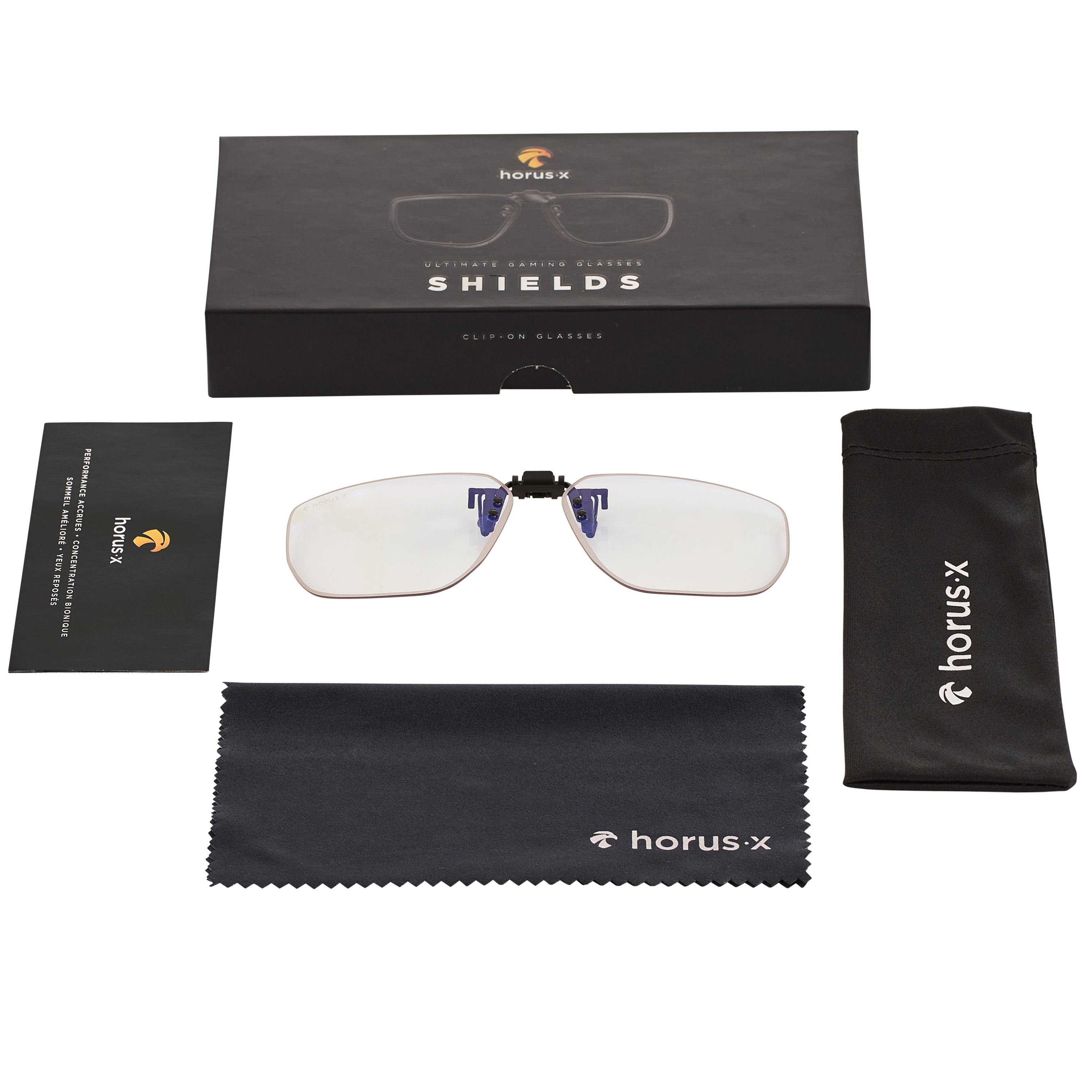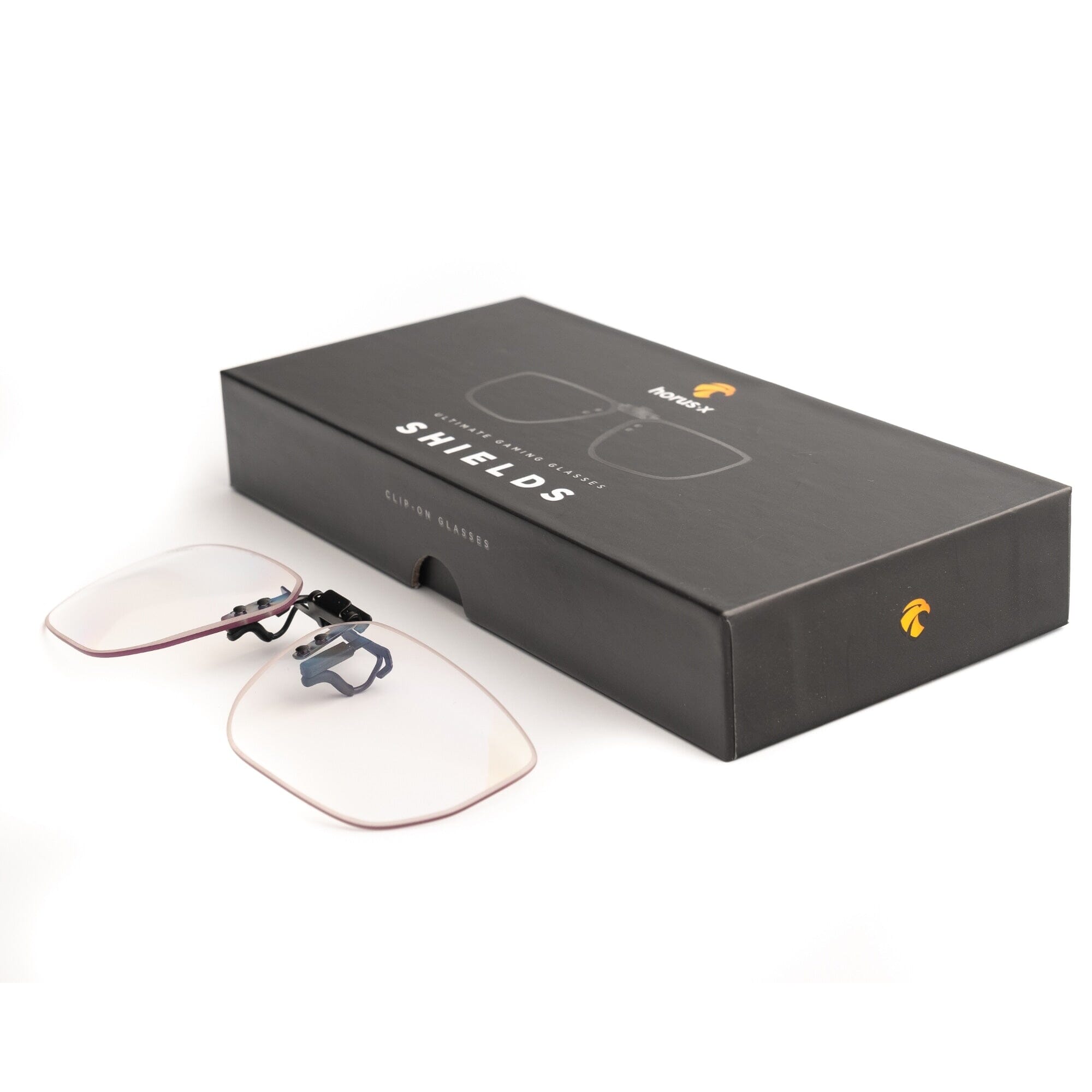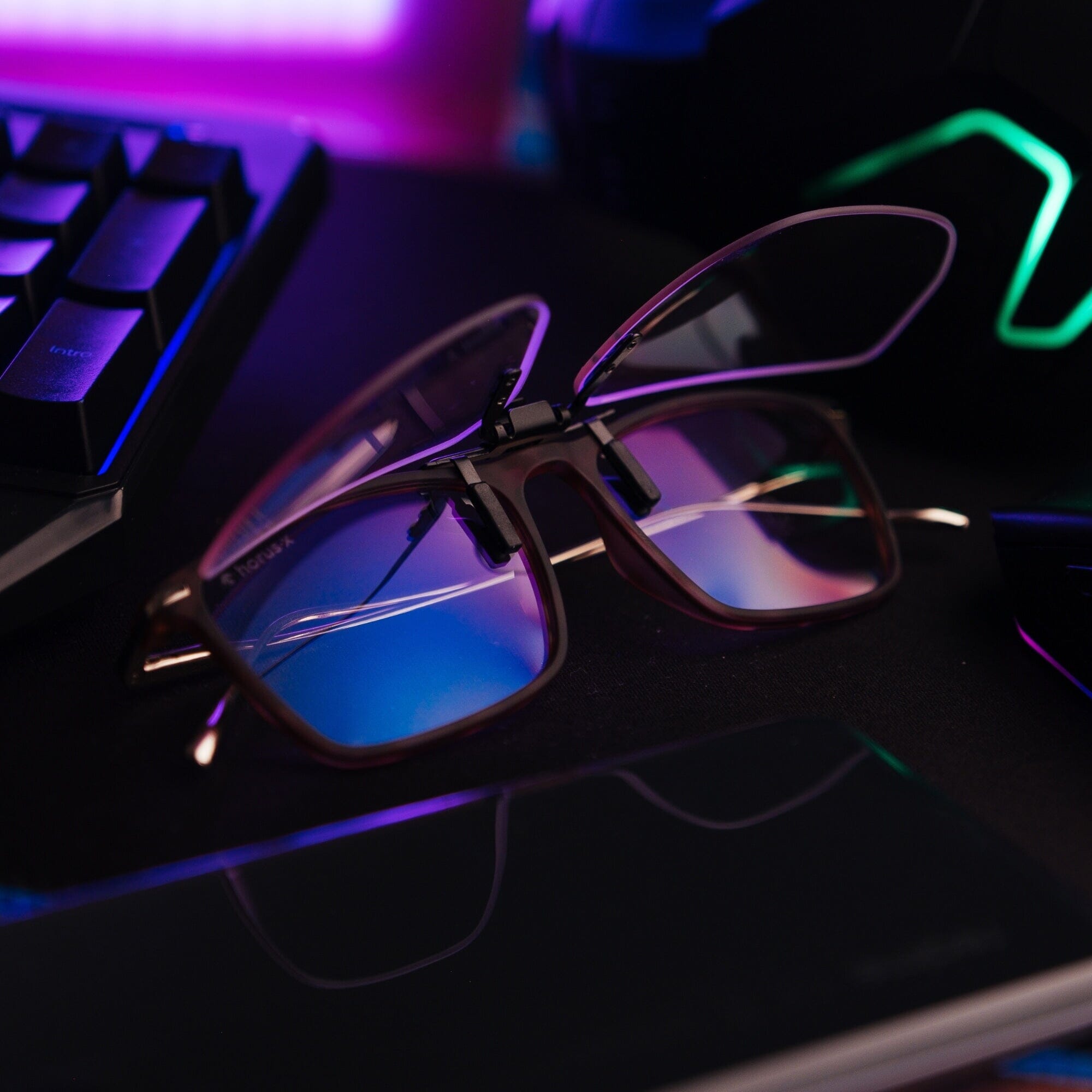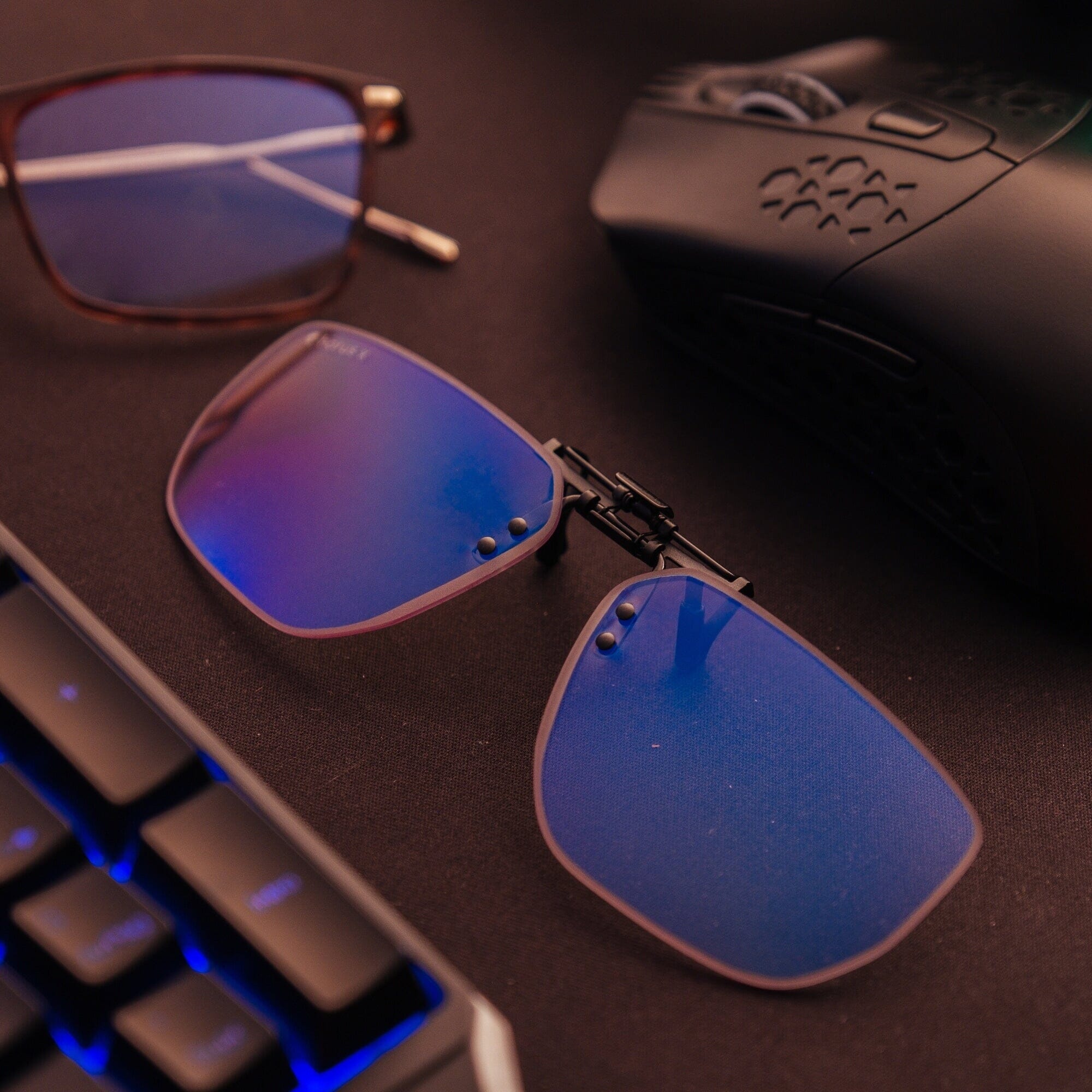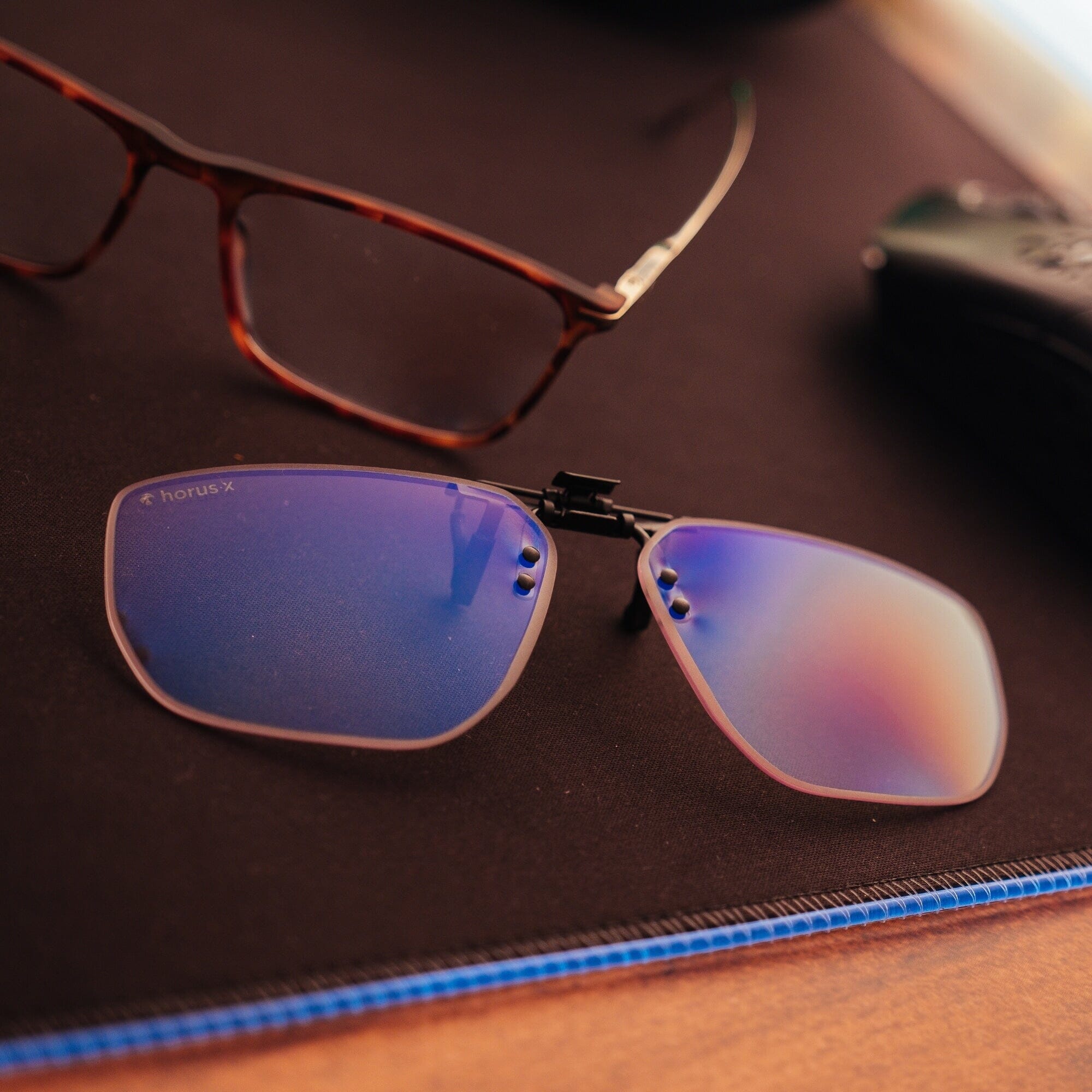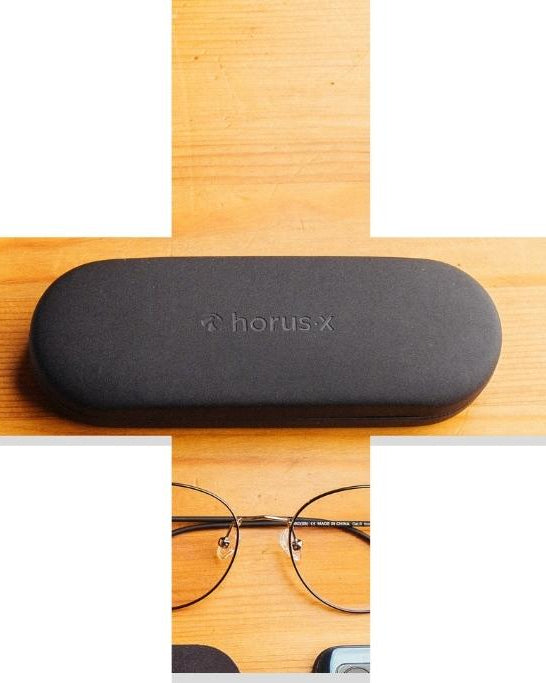Anti-blue light glasses are designed to relieve and protect your eyes against the effects of overexposure to screens and their artificial blue light. But their effectiveness is often debated – and with good reason!
With all the marketing out there today, you want to do your research and make sure you’re not being lied to. It’s hard to tell if something will truly help you, or if it’s just the latest fashionable marketing gimmick.
All of which begs the question, are blue light blocking glasses actually effective?
We’re your spies on the inside, here to tell you the secrets of how to understand their usefulness and how efficient they are.
Why wear blue light blocking glasses? What the brands say.
The arguments put forward for the necessity of blue light glasses are plenty – but how true and relevant are they to actually wearing them?
Let’s break it down.
They filter blue light
Okay… but why is it even necessary?
Well, certain types of blue light on different wavelengths can be more dangerous than boogie boarding in Australia. The opinions of experts and different ophthalmologists highlight several risk factors and proven dangers that occur when overexposed to this type of harmful blue light.
Between 380 and 450 nanometers is known to be the most “energetic” light of the visible light spectrum, meaning you might suffer from one, or many, of these side effects from prolonged exposure:
- 😴 Sleep: It’s not the Sandman that sends you to sleep (thank goodness, imagine the Neil Gaiman version standing over you…), but actually the secretion of the sleep hormone, melatonin. Unfortunately, though, high doses of blue light at the wrong times of the day can block the production of melatonin, leading to sleepless nights. Subsequently, as almost all medical professionals agree, resulting in a disruption in your circadian rhythm and causing an impact on your health.
- 👀Effects on the retina (AMD), headaches and digital fatigue: Recent research increasingly highlights the ever-growing usage of blue light in daily life, but also the long-term effects of this overexposure, including potential macular degeneration. There’s still a lot to learn, and the scientific community does not always agree on the long-term effects, but the more studies are refined, the more results highlight a significant impact on these areas.

They filter UV (Ultra Violet) rays
Blue light blocking glasses are ultimately misnamed. They not only filter out blue light but also do so much more to protect you.
Although UV is less prevalent indoors, it's still there when you’re looking at your screen. UV rays are also more powerful and dangerous than blue light, so blocking both is the wisest decision (do not choose… poorly.) And if you look at your smartphone in direct sunlight a lot, the effects can be even worse.
The best screen glasses have lenses that not only block blue light, but are also anti-UV.
That way they protect you from the ultra-harmful effects associated with UV rays: cataracts, photokeratitis, pterygium, eye cancer and so on. It’s a list of problems longer than Jay-Z’s.
When using screens normally though, UV rays come with limited risk. But it’s easy to over expose yourself unintentionally (not like that! You dirty little….)
They protect against reflections
We’ve all been sat watching TV, squinting and complaining at the sunshine hitting the screen. Glare and reflections are unavoidable and can disrupt your vision. They strain the optic nerve and greatly increase digital eye strain (known as computer vision syndrome) and fatigue.
Symptoms can range from tired eyes to dazzling and dizziness, where you struggle to see straight for a few seconds. Like that head rush you get after you’ve been sitting down gaming for too long.
Good anti-blue light glasses are equipped with anti-reflective lenses, reducing this phenomenon and meaning you can continue shooting your friends for longer.
It’s logical that you want to address all of these above points, something that blue light glasses do. But you also want to make sure you’re not wasting your money and that the glasses you do choose are properly effective.
Which brings us to point 2…
Are blue light blocking glasses effective?
To find out, stare at your screen for 24 hours straight without blinking. Did it hurt?
We’re kidding. We know you all have better things to do, like zombies to kill.
Also, don’t bother with some of the witch doctor tests you find online.
🕵️ The small blue or violet laser, or on-screen tests, are usually useless gadgets made up by sites trying to sell you something. You can’t see what’s really filtered, as a good portion of the filtered spectrum isn’t even visible to the naked eye.
I know we all like to trust technology, but in this case, it might not be our best friend. There are better ways to tell if your blue light lenses are effective.

Compliance with international standards
Although it's not foolproof, you can usually trust glasses that meet international compliance standards.
If you’re fancy enough to import your glasses, from Europe for example, then they must meet certain standards as they are classed as medical devices. Check for the CE logo. If it’s not there, then they’re no good!
In the US check for ANSI certification (not necessarily displayed on glasses but you can check with manufacturer or on legal notice.
Certification by an independent laboratory: Request an extract of the test report
This might sound more extravagant, but some people take this very seriously. And that’s totally okay.
To get a certification, brands have to go through testing at an independent laboratory. You can ask for an extract from this report which highlights how valid these standards are and the filtered light frequency.
If the company in question provides its certification to you via this report and it corresponds to what they’re saying, it’s a good sign they’re a trustworthy retailer.
Verification they’re anti-reflective
This one’s easy. Simply hold the glasses at an angle where they’d usually reflect light. If the highlights stay the same color as the ambient lighting, then there’s no anti-reflective coating on your glasses. If they do reflect in a color like green, gold, purple or blue, you have the coating, and a rainbow!
The ultimate test: the spectrometer.
This is a scientific device you can use to test the exact frequencies of filtered light allowed by your glasses. It’s pricey and not easily available, but some of you might really want to go the extra mile (or have Daddy Warbucks amounts of money and not care). You can also ask a laboratory to do it for you; although this will probably be just as pricey.

How to choose effective blue light blocking glasses (Secret bonus content: our selection!)
So, clearly all glasses are not created equal and you’re not going to suddenly look like Tony Stark just because you slip on a pair of frames.
But we’ve given you some top tips to help find the most effective blue light glasses:
First, the essentials (reminder):
- Blue light protection between 380 and 450 nanometers
- 100% UV A, B and C protection
- Powerful anti-reflection
- All certified to international standards
Next, consider these questions when making your selection:
- How much do blue light glasses cost? Less than new eyes! But ideally, somewhere between 30 and 70 dollars. Below that there’s little chance the technology is sophisticated enough to protect you properly (despite what they may say). Above that is, bluntly, daylight robbery (unless you need prescription lens).
- Are they ergonomic? Basically, are they comfortable? Do they sit well on the tip of your nose? Do you look as cute as a button? When you’re shopping make sure to check the size of the glasses, the thinness of the temples (especially if you want to wear a headset) and the materials used (we recommend polycarbonate as its ultra-resistant, light and hypoallergenic).
- Do they come with a guarantee? If the company you buy the glasses from offers a money-back or lifetime guarantee, you can almost guarantee they’re of good quality (Horus X offers a lifetime guarantee 😉)
Bonus secret content! Which glasses are best to protect against screen use?
- 🎮If you’re an avid gamer, we’ve got a line of anti-blue light gaming glasses just for you.
- 🧑💼If you’re more of a sit at a screen and work all day person, then this collection of anti-blue light office glasses should appeal to you.
- 🤓If you already have glasses but want to add a blue light shield, then we offer these too.

Effective blue light blocking glasses: Final thoughts
As effective as the best blue light glasses are, they’re not the magic be-all-and-end-all cure.
They’re a good solution to help maintain visual acuity and prevent long term damage, but more importantly you should try to find a good balance in how often you’re staring at screens.
Blue light exposure in this day and age can be hard to avoid but its simple to set up a personal curfew during the day for your electronic devices. Or alternatively you can do simple eye exercises to help prevent digital eye strain, or even assign yourself a weekly digital detox day.
Other Frequently Asked Questions (FAQs)
How do blue light glasses work?
That’s a good question! We’re not all scientists, so how do you know find out and have it easily explained? By Horus X of course! We’ve written an article about it here.
How do I know if my blue light blocking glasses are working?
Good question! We recommend referring to the above and working a bit on your reading comprehension skills.
Can you wear blue light blocking glasses all the time?
You can, but its not necessary, some blue light is actually good for you! The good blue light is essential for your body and allows you to regulate a lot of things – like your sleep quality and rhythm. You can check out more about this here.
Where can I find blue light filtering glasses reviews?
Right here! Check out some reviews from our real customers and think about getting a pair of Horus X glasses yourself.



